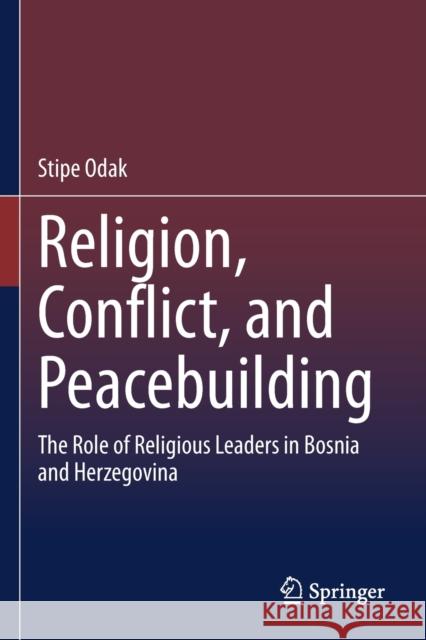Religion, Conflict, and Peacebuilding: The Role of Religious Leaders in Bosnia and Herzegovina » książka
topmenu
Religion, Conflict, and Peacebuilding: The Role of Religious Leaders in Bosnia and Herzegovina
ISBN-13: 9783030551131 / Angielski / Miękka / 2021 / 508 str.
Religion, Conflict, and Peacebuilding: The Role of Religious Leaders in Bosnia and Herzegovina
ISBN-13: 9783030551131 / Angielski / Miękka / 2021 / 508 str.
cena 322,77 zł
(netto: 307,40 VAT: 5%)
Najniższa cena z 30 dni: 308,41 zł
(netto: 307,40 VAT: 5%)
Najniższa cena z 30 dni: 308,41 zł
Termin realizacji zamówienia:
ok. 22 dni roboczych
Bez gwarancji dostawy przed świętami
ok. 22 dni roboczych
Bez gwarancji dostawy przed świętami
Darmowa dostawa!
Kategorie:
Kategorie BISAC:
Wydawca:
Springer
Język:
Angielski
ISBN-13:
9783030551131
Rok wydania:
2021
Ilość stron:
508
Waga:
0.70 kg
Wymiary:
23.39 x 15.6 x 2.59
Oprawa:
Miękka
Wolumenów:
01
Dodatkowe informacje:
Wydanie ilustrowane











